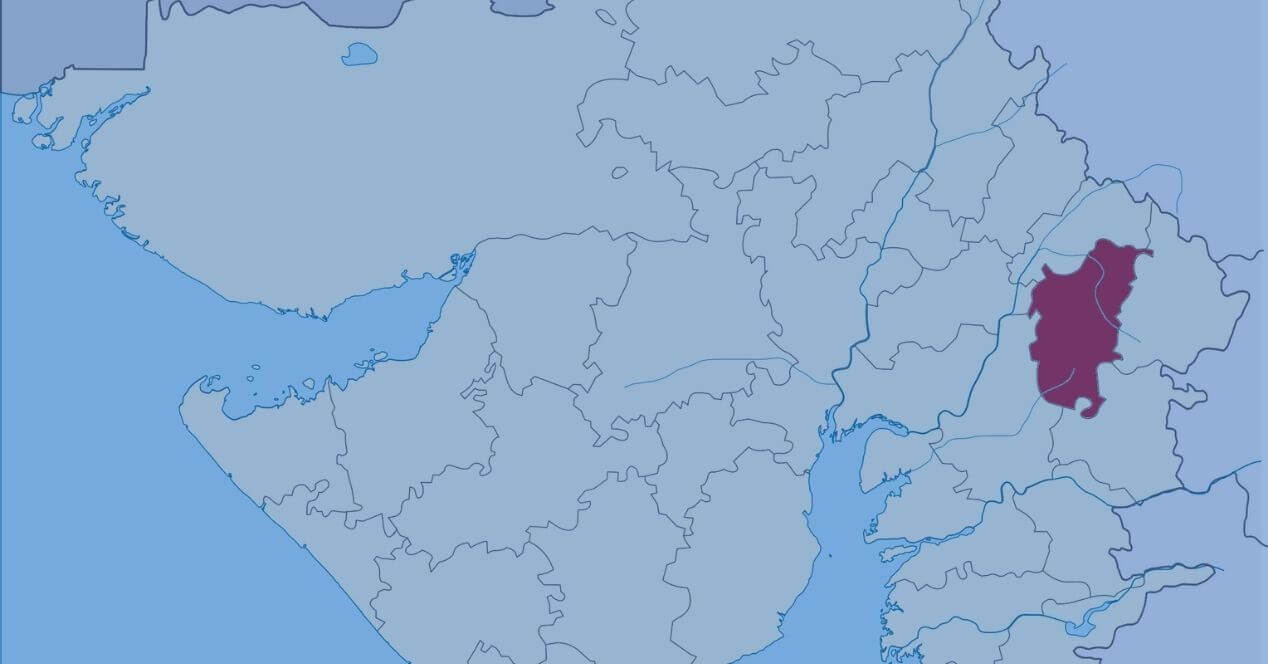Analysis
Looking Ahead 2022: SC on Special Investigative Bodies
In 2022, the Supreme Court will engage with three important cases that deal with the independence of special investigative bodies.
The right to fair investigation is not only a fundamental right, but is also a principle of natural justice. Since the investigation of some crimes requires expertise and dedicated attention, special investigative bodies are often given special powers to ensure thorough investigation. Since these powers are similar to police powers, it is essential that these bodies remain free from Executive interference to protect the rights of the accused.
In 2022, the Supreme Court will engage with three important cases concerning the independence of special investigative bodies.
1. Powers of Agencies Investigating Economic Offences
Vijay Madanlal Choudhary v Union of India
Specialized agencies which investigate economic offences, such as the Directorate of Enforcement (ED), the Serious Fraud Investigation Office (SFIO) and the Directorate of Revenue Intelligence (DRI), are empowered to issue summons, record statements, make arrests and search and seize property. Despite having ‘police powers’, these agencies are not bound to follow the Code of Criminal Procedure, 1973.
A group of over 200 petitions seeking judicial intervention into the lack of procedural checks and balances against the misuse of the wide powers of these agencies are pending. These are likely to be heard by Justice Khanwilkar in January 2022. The powers of the agencies are often seen to be used against political opponents. In this case, the Court is set to define the nature and limits of these powers.
2. Executive Discretion in CBI and ED Director Term Extension
In 2022, Justice Rao is likely to hear Trinamool MP Mahua Moitra’s petition challenging amendments that allow the Executive to extend the term of the directors of the Enforcement Directorate and the Central Bureau of Investigation. Mitra argues that the amendments empower the Executive to wield excessive power and control over investigative agencies. The Court will consider if this violates the right to fair investigation and fair trial in 2022.
3. Zakia Jafri’s Protest Petition Against the Gujarat Riots SIT
Zakia Ehsan Jafri v State of Gujarat
A three-judge Bench comprising Justices Khanwilkar, Maheshwari and Ravikumar is expected to deliver judgment on a protest petition filed by Zakia Jafri, the widow of Ehsaan Jafri who was killed in Gulberg Society during the 2002 Gujarat riots.
During the course of 14 days of hearings in November 2021, Mrs. Zafri argued that the Supreme Court’s Special Investigation Team (SIT) had acted with bias while giving a ‘clean chit’ to all 63 people accused of conspiring to cause the riots.
Khanwilkar J’s judgment will determine whether the SIT had investigated all key pieces of evidence before closing the investigation. If the Bench finds bias or lack of thorough investigation, it will reopen the investigation in the contentious Gujarat riots case. This could have consequences for the top political leadership of the country, who are accused in the case.

